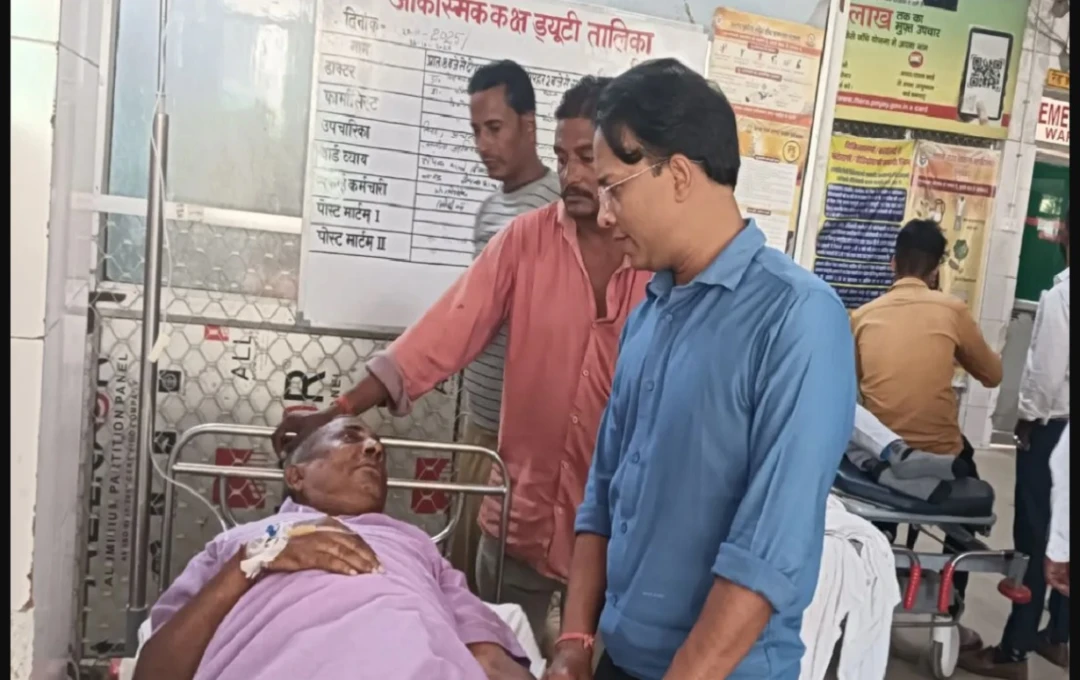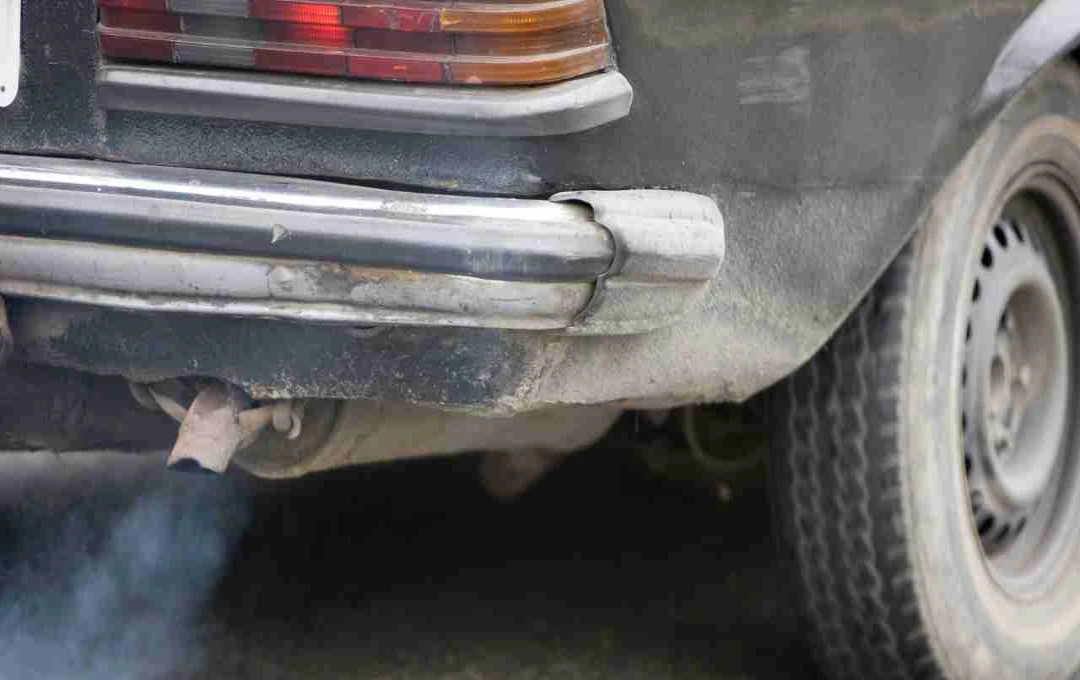Dengue cases are rapidly increasing in Sultanpur, prompting the health department to take special measures. Currently, 116 dengue cases have been reported in the district, with Dubepur area accounting for the highest number, 29 patients. Additionally, 11 cases are from Kudwar, 9 from Nagar area, 8 from Akhandnagar, 6 each from Dhanpatganj, Kurebhar, and Bhadaiya, 5 each from Kadipur, Jaisinghpur, and Lambhua, 4 from Dostpur, 3 each from Baldirai and PP Kamaicha, 2 from Karaundikala, and 1 from Motigarpur. Furthermore, 5 cases of malaria, 2 of chikungunya, and 1 each of Japanese Encephalitis (JE) and Acute Encephalitis Syndrome (AES) have also been reported. Key symptoms of dengue include high fever, chills, headache, body rash, muscle and joint pain, vomiting, bleeding, weakness, loss of appetite, and fatigue. Blood samples are being taken to test patients with such symptoms. Special wards have been established for dengue patients at the Medical College, although no patient has required admission so far.
The health department has taken various measures to prevent the spread of mosquito-borne diseases. According to District Malaria Officer Banshilal, fogging is being carried out in and around 50 houses in areas where dengue or malaria cases are being reported. Furthermore, surveys are being conducted in affected areas, and measures are being taken to destroy mosquito larvae. People are being urged not to let water stagnate in their homes, to prevent water from collecting in coolers, flower pots, tires, etc., and to use mosquito nets while sleeping.
The health department has appealed to the public to exercise caution and advised them to contact a doctor immediately and get tested if they experience any fever symptoms. Additionally, collective efforts are needed from everyone to prevent the spread of mosquito-borne diseases.










